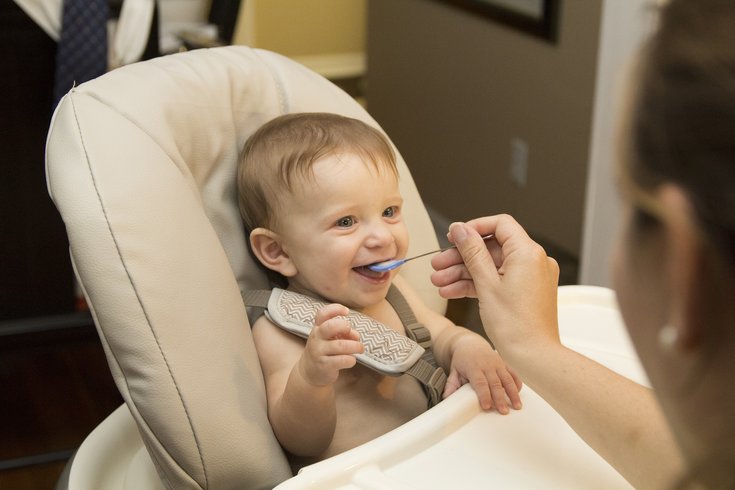
October 18, 2019
 yalehealth/Pixabay
yalehealth/Pixabay
Researchers found that 95% of the baby food in the United States tests positive for the presence of toxic heavy metals, a recent study says. Such substances can have permanent effect on babies developing brains. Neurotoxins get into the food supply due to their presence in the soil and water used to grow crops.
Harmful neurotoxins – like arsenic, lead, cadmium and mercury – were found in 95% of baby foods tested in a new study.
The research was conducted by Healthy Babies Bright Futures, which describes itself as an alliance of nonprofit organizations, scientists and donors. According to their report, these toxic heavy metals “can permanently alter the developing brain, erode IQ and affect behavior."
Here are the chemicals that were detected along with the percentage of products that tested positive for each:
• Arsenic: 73%
• Lead: 94%
• Cadmium: 75%
• Mercury: 32%
Earlier investigations into toxin levels in baby food are inline with Healthy Babies Bright Futures’ findings. A U.S. FDA study found the same metals present in 33 of the 39 baby foods its scientists analyzed. Consumer Reports testing also produced similar results in 2018, determining that 68% of the products in their review “had worrisome levels of at least one heavy metal.”
Heavy metal neurotoxins end up in the food supply due to their presence in the soil and water we use to grow crops. Arsenic, lead, cadmium and mercury can be found throughout the U.S. food supply, but developing babies and toddlers, are especially vulnerable to their toxicity.
This new report by Healthy Babies Bright Futures encourages parents to avoid certain baby food choices, like rice-based snacks and juice, which were found to have higher toxin levels. Instead choose alternatives like infant multi-grain and oatmeal cereals, rice-free snacks and tap water.
Carrots and sweet potatoes are also listed in the report, but the recommendation remains to include them in your child’s diet, but to add variety of other fruits and vegetables, as well.
The authors of the report are also calling for decisive action from baby food companies to do more to reduce the toxin levels in their products, and for the Food and Drug Administration to establish clear standards. They wrote that the FDA needs to “implement a proactive testing program for heavy metals in foods consumed by babies and toddlers, similar to the Consumer Product Safety Commission’s program for children’s toys.
Dr. Tanya Altmann, author of “What to Feed Your Baby,” told CNN, “the best first foods for infants are avocado, pureed veggies, peanut-butter oatmeal and salmon. They all provide important nutrients that babies need, help develop their taste buds to prefer healthy food and may decrease food allergies.”
Read the full report here.